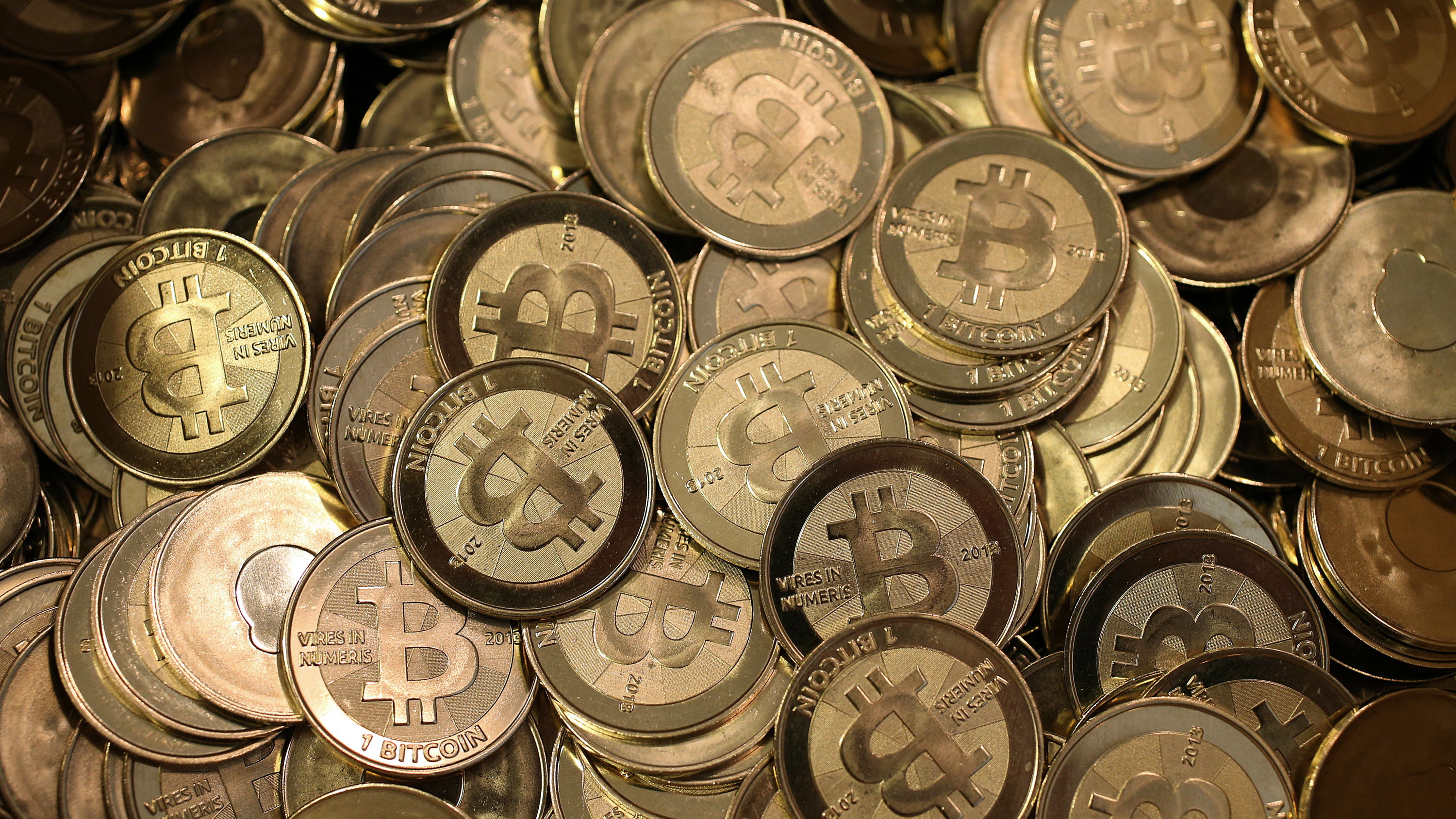
By now you'd have heard of Bitcoin - the digital currency that can be traded and used as a real currency. Did you realise, however, the strong parallel between Bitcoin and the supercomputing industry?
Anyone can create Bitcoins by a process of mining, whereby a user runs a job to solve a cryptographic equation to uncover a Bitcoin.
The more powerful a computer, the quicker the user will uncover a coin. Its exactly the same as researchers employing ever-powerful supercomputers to uncover scientific 'gems' or engineers using supercomputers to create products at less cost.
Naturally, the more powerful the computer, the better it is at solving jobs, but performance is constantly tempered by electricity availability, ability to prevent overheating and physical space requirements.
Bitcoin miners are facing this challenge in their houses, warehouses, and lock ups – and the supercomputing industry faces this challenge constantly in huge datacentres or machine rooms.
Bitcoin miners have quickly realised the needed to move to a more efficient calculation processor. For Bitcoin miners, using GPUs [think games machines] greatly increases their ability to uncover coins – the performance increase is excellent.
- We have compiled a list of the best bitcoin exchanges
Likewise, many of the Top500 supercomputers in the world also now rely on GPU processors. In fact, Titan, second ranked supercomputer in November 2013 Top500 list uses GPUs to give it amazing number crunching performance.
Sign up to the TechRadar Pro newsletter to get all the top news, opinion, features and guidance your business needs to succeed!
The down side to using GPUs [as discovered by everyone] is the heat and power requirements, whilst less than using traditional CPU cores, is still significant.
Taking this to the next level, the Bitcoin miners have moved on to Field Programmable Gate Arrays (FPGAs), as the power requirements are substantially less than GPUs, but with similar or better performance.
My feeling is that the supercomputing industry – and especially those in the race to Exascale - could learn from this pioneering move. But, what is stopping the Top500 using more FPGA systems? Well, right now, they are more complex than CPU or GPUs to use, and not all software applications can benefit and the cost of the FGPA is also prohibitive.
Are we on the verge of using FPGAs more in the supercomputing market? The similarities and innovations between both industries historically is so clear; I think use of FPGAs is certainly something we will need to keep a close eye on in the near future!
- Working for OCF for twelve years, David is Business Development Manager responsible for exploring new technologies and novel architectures that ensure OCF's bespoke High Performance Computing Systems remain innovative and deliver genuine value to clients.